Is Your Car Road-Trip Ready? Car Maintenance Tips for Long Drives
There’s nothing quite like the thrill of hitting the open road, windows down, and playlist ready, as you head out on an adventure. But before you set off, is your car ready to handle the journey? The last thing you want is a breakdown in the middle of nowhere, turning your much-anticipated road trip into a stressful ordeal.
Drive UAE will walk you through essential maintenance tips to prepare your vehicle for long drives, so you can focus on enjoying the journey ahead.
Check Your Tires
Tires are your car’s only contact with the road, so ensuring they’re in good condition is key to a safe and smooth road trip. Properly maintained tires can also improve fuel efficiency and reduce the risk of accidents.
- Inspect Tire Tread: Check for sufficient tread depth to ensure good grip on the road. If the tread is worn down, it’s time for a replacement.
- Check Tire Pressure: Ensure all tires, including the spare, are inflated to the manufacturer’s recommended pressure. Under or over-inflated tires can affect handling and fuel efficiency.
- Look for Visible Damage: Examine your tires for any cuts, bulges, or punctures that could cause issues on the road.
- Rotate Tires Regularly: If you haven’t had your tires rotated recently, do it before your trip to ensure even wear.
- Replace Tires When Necessary: If the tires are old, cracked, or damaged, replace them before hitting the road to avoid any unexpected issues.
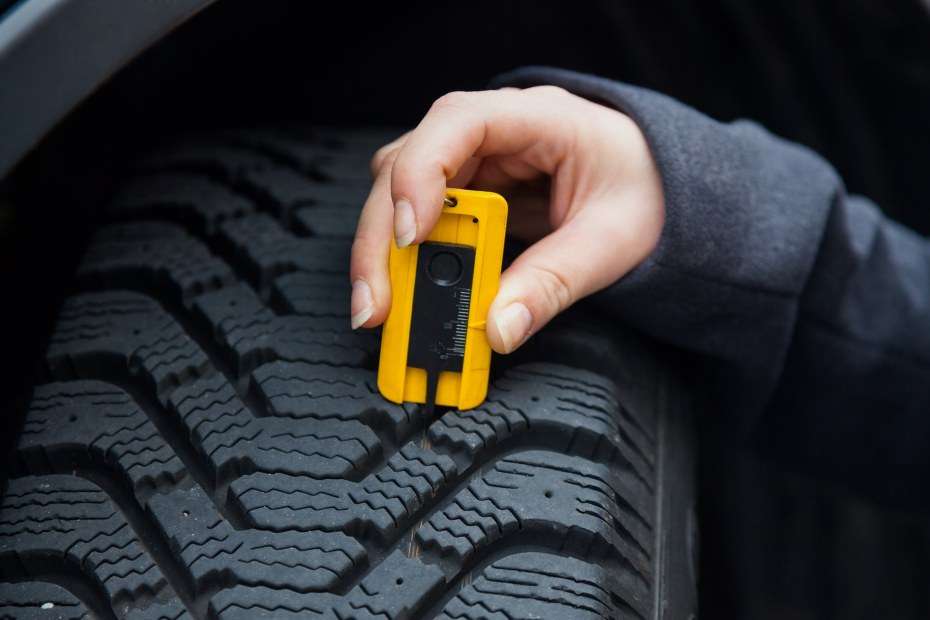
Inspect Fluids and Top Them Up
Your car’s fluids are essential for keeping the engine, brakes, and other systems running smoothly during long drives. Checking and topping up these fluids can prevent overheating, ensure optimal performance, and help avoid breakdowns on the road.
- Engine Oil: Check the oil level and its condition. Low or dirty oil can damage the engine, so make sure it’s clean and at the correct level.
- Coolant: Ensure the coolant is topped up to prevent your engine from overheating, especially in hot weather.
- Brake Fluid: Check the brake fluid level to ensure the brakes are responsive. Low brake fluid can compromise braking performance.
- Power Steering Fluid: Ensure this fluid is at the correct level to avoid difficulties in steering, particularly on long drives.
- Windshield Washer Fluid: Refill this fluid to maintain visibility during your trip, especially if you’re traveling through areas prone to dust or rain.
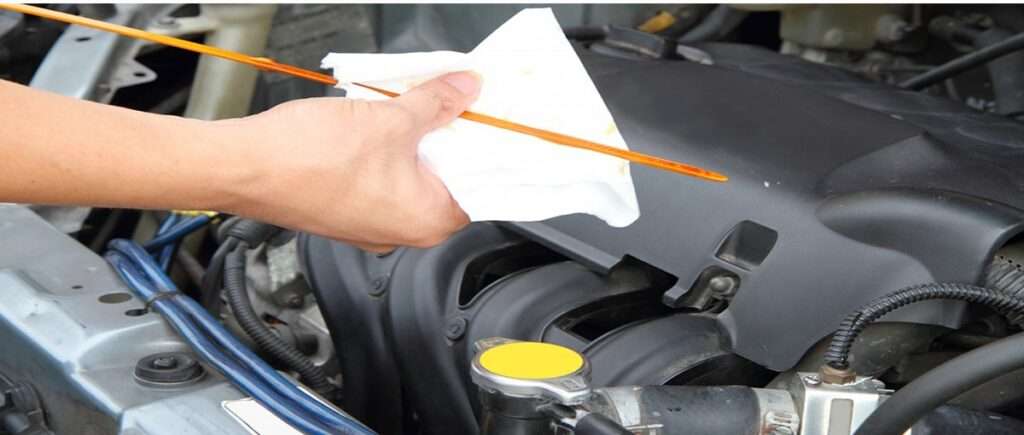
Test Your Battery
A dead battery can quickly derail your road trip plans, leaving you stranded on the side of the road. Testing your battery before hitting the road ensures you won’t run into this problem and helps you avoid any electrical issues during your journey.
- Check Battery Charge: Ensure your battery is fully charged before you leave. A weak battery can fail unexpectedly, especially during long drives.
- Inspect for Corrosion: Look for any corrosion around the battery terminals. Clean the terminals if necessary to ensure a solid connection.
- Test Battery Voltage: Have your battery tested to ensure it has sufficient voltage. Many auto shops offer free battery testing.
- Check Battery Age: If your battery is more than three years old, consider replacing it before your trip to avoid unexpected failures.
- Secure Battery: Ensure the battery is firmly secured in place. A loose battery can cause problems with the vehicle’s electrical system.
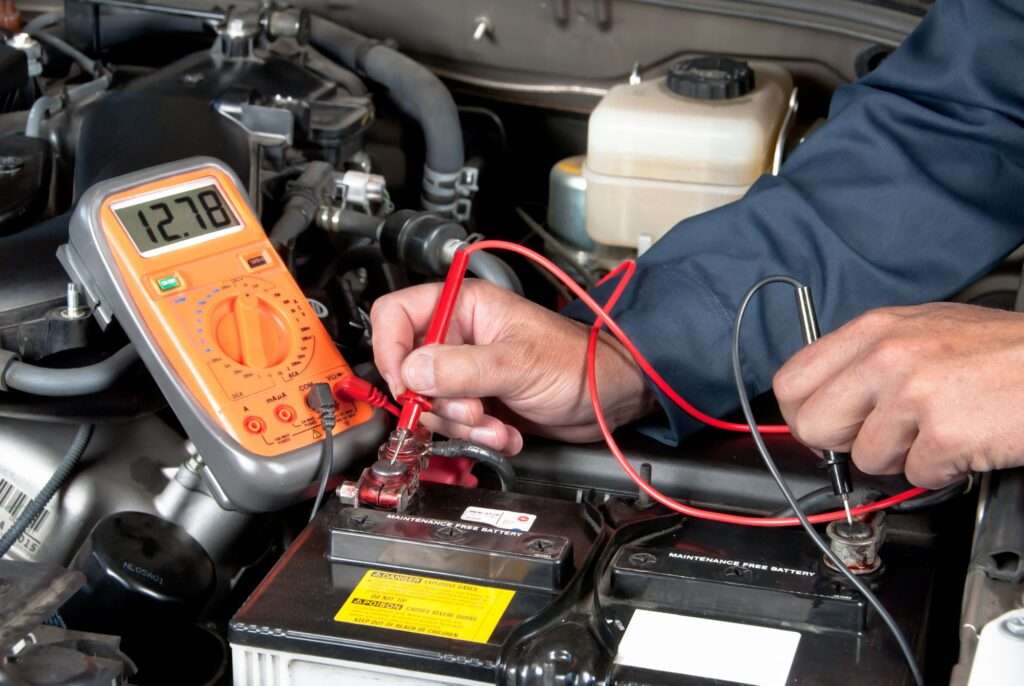
Ensure Your Brakes Are in Good Condition
Brakes are one of the most important safety features in your car, especially when you’re driving for long distances. Ensuring your brakes are in top condition before hitting the road can prevent accidents and provide peace of mind throughout your trip.
- Check Brake Pads: Inspect the brake pads for wear. If they’re too thin, they should be replaced to ensure efficient braking.
- Listen for Unusual Sounds: Squeaking or grinding noises can indicate worn-out brake pads or other brake issues. Have them checked by a mechanic if you hear these sounds.
- Check Brake Fluid: Low brake fluid can cause reduced braking performance. Ensure it’s at the recommended level for optimal function.
- Test Brakes Before You Go: Take a short test drive before your trip to ensure the brakes feel responsive and firm.
- Look for Leaks: Inspect brake lines for leaks. Any visible signs of fluid leaks should be addressed before your road trip.
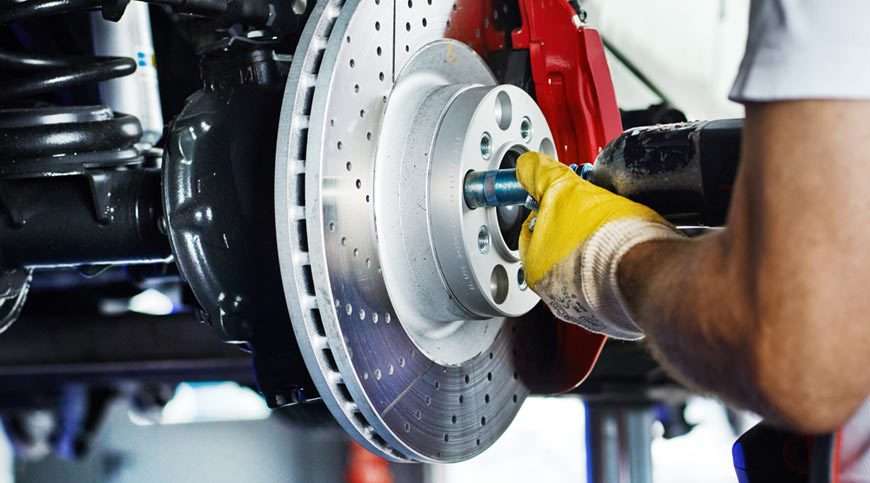
Check Lights and Wipers
You should do the following checks
- Test All Lights: Check that headlights, taillights, brake lights, and turn signals are working. Replace any burnt-out bulbs to avoid being caught without necessary lighting.
- Check for Proper Alignment: Ensure headlights are aligned correctly to avoid blinding other drivers and to improve your vision on dark roads.
- Inspect Wiper Blades: Worn or damaged wiper blades can reduce visibility, especially in rain. Replace them if they leave streaks or make noise while wiping.
- Refill Windshield Washer Fluid: Ensure your washer fluid reservoir is full for clear visibility when driving through dust, rain, or mud.
- Clean the Lights and Wipers: Regularly clean your headlights and wipers to maintain optimal performance and clarity.
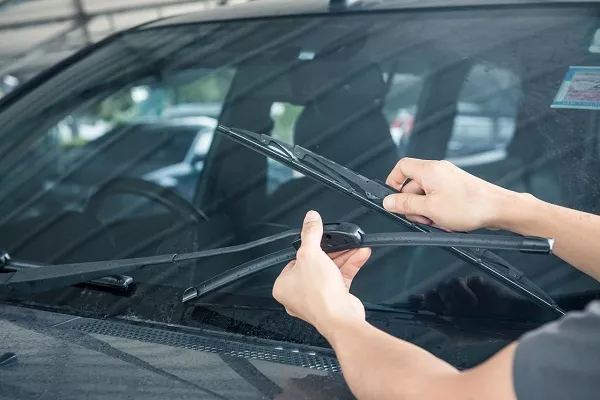
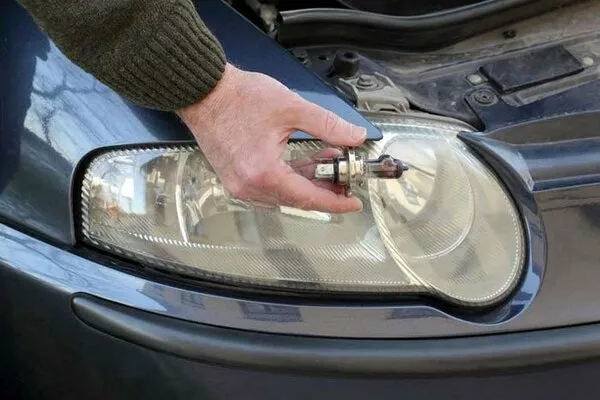
Pack an Emergency Kit
No one plans for emergencies, but being prepared can make all the difference in case something unexpected happens during your road trip. Having an emergency kit on hand ensures you can handle minor issues and stay safe until help arrives.
- Jumper Cables: Useful for starting your car if the battery dies.
- First Aid Kit: Include bandages, antiseptics, pain relievers, and any personal medications you might need.
- Flashlight: A battery-powered or rechargeable flashlight for visibility during nighttime breakdowns or emergencies.
- Basic Tools: A multi-tool or toolkit with essential items like screwdrivers, pliers, and wrenches to fix minor car issues.
- Extra Water and Snacks: Keep bottled water and non-perishable snacks in case you get stuck in traffic or need to wait for help.
- Phone Charger: A car charger to keep your phone powered in case you need it for navigation or to call for assistance.
- Blanket and Extra Clothing: Warm layers or a blanket can help you stay comfortable if you’re stranded in cold weather.
- Spare Tire and Jack: Ensure your spare tire is properly inflated, and the jack is in working condition to change a flat tire if needed.
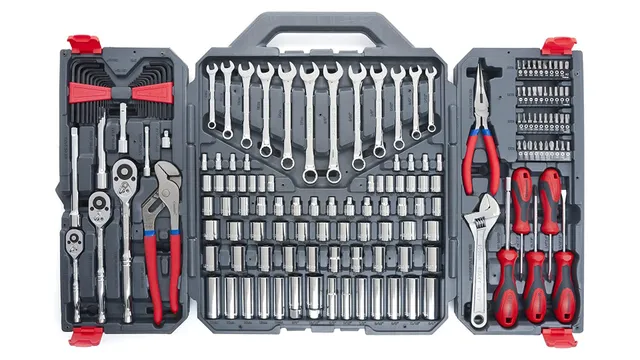
Schedule a Professional Inspection
Before hitting the road, it’s a good idea to have your car thoroughly inspected by a certified mechanic. A professional inspection can identify potential issues and ensure your vehicle is in optimal condition for a long drive.

Conclusion
A well-maintained car is the key to a smooth and stress-free road trip. Don’t wait until you’re on the road to realize something’s wrong, schedule a pre-trip inspection and pack an emergency kit just in case. With a little preparation, your adventure will be all about enjoying the ride, not worrying about your car.

